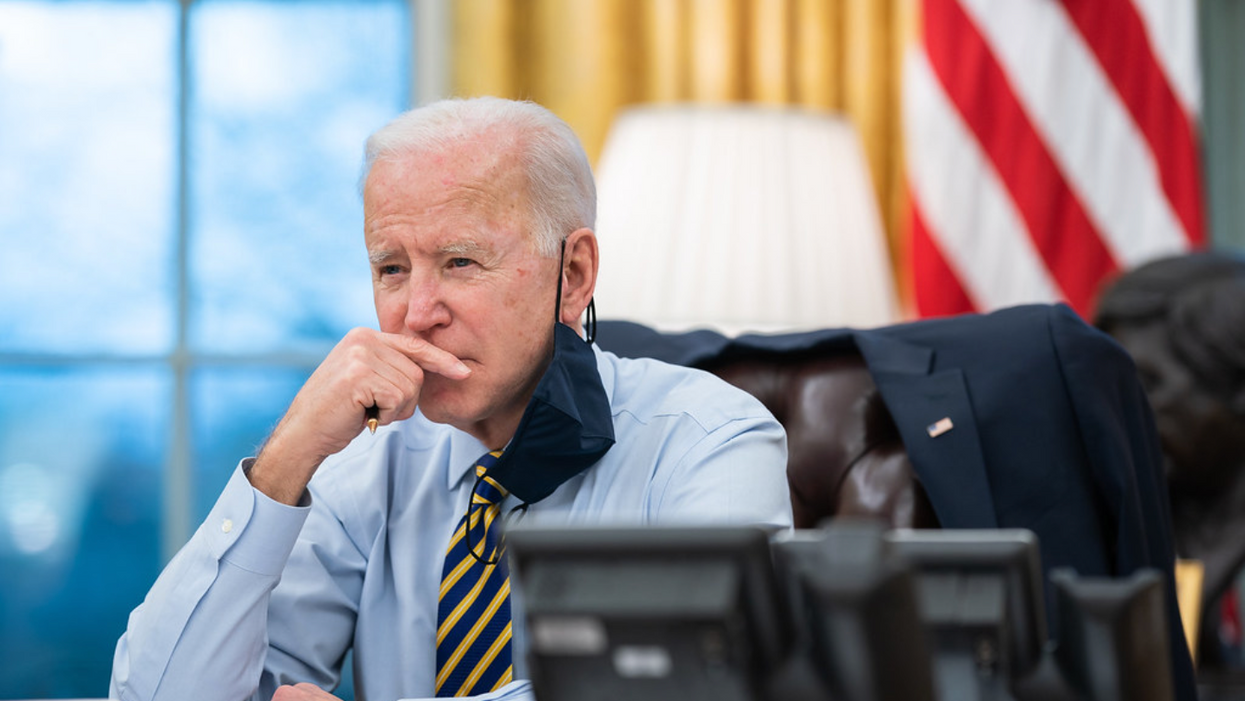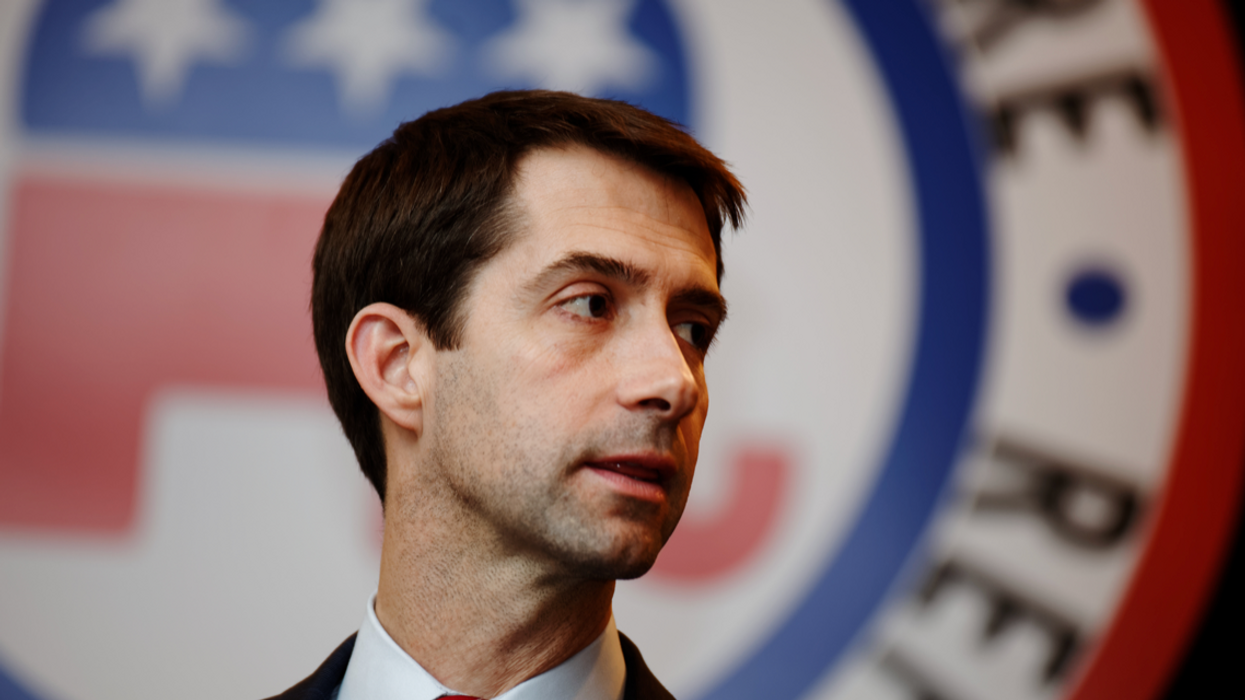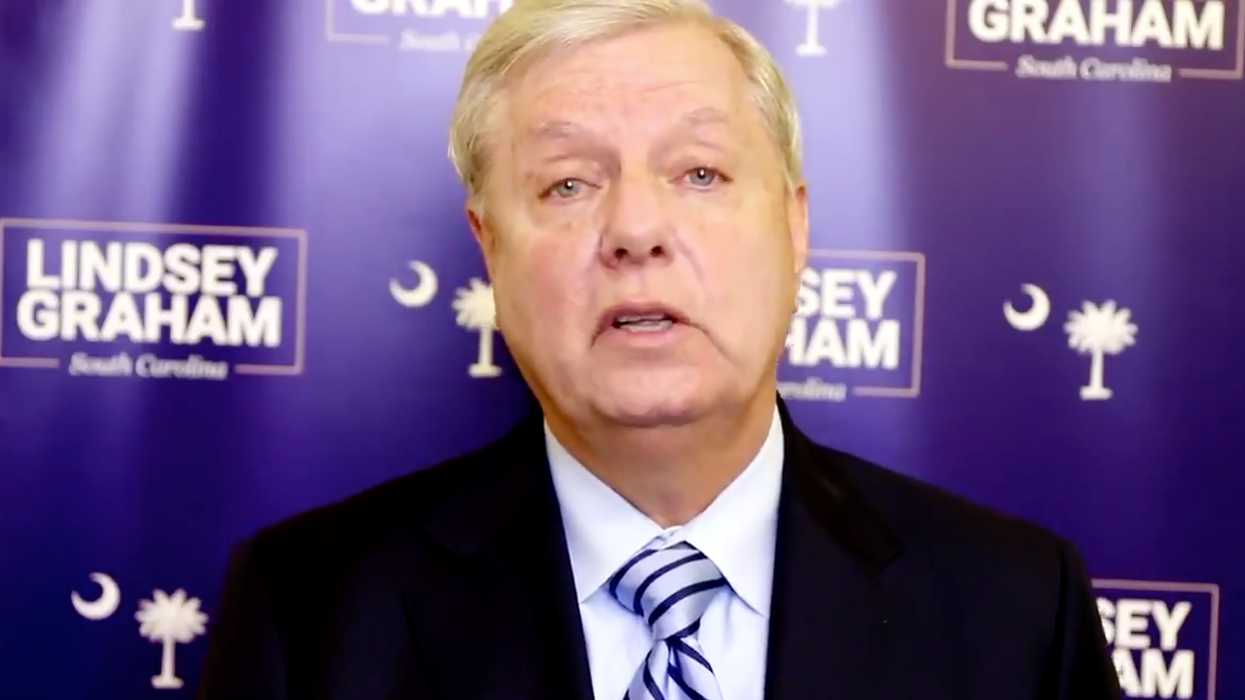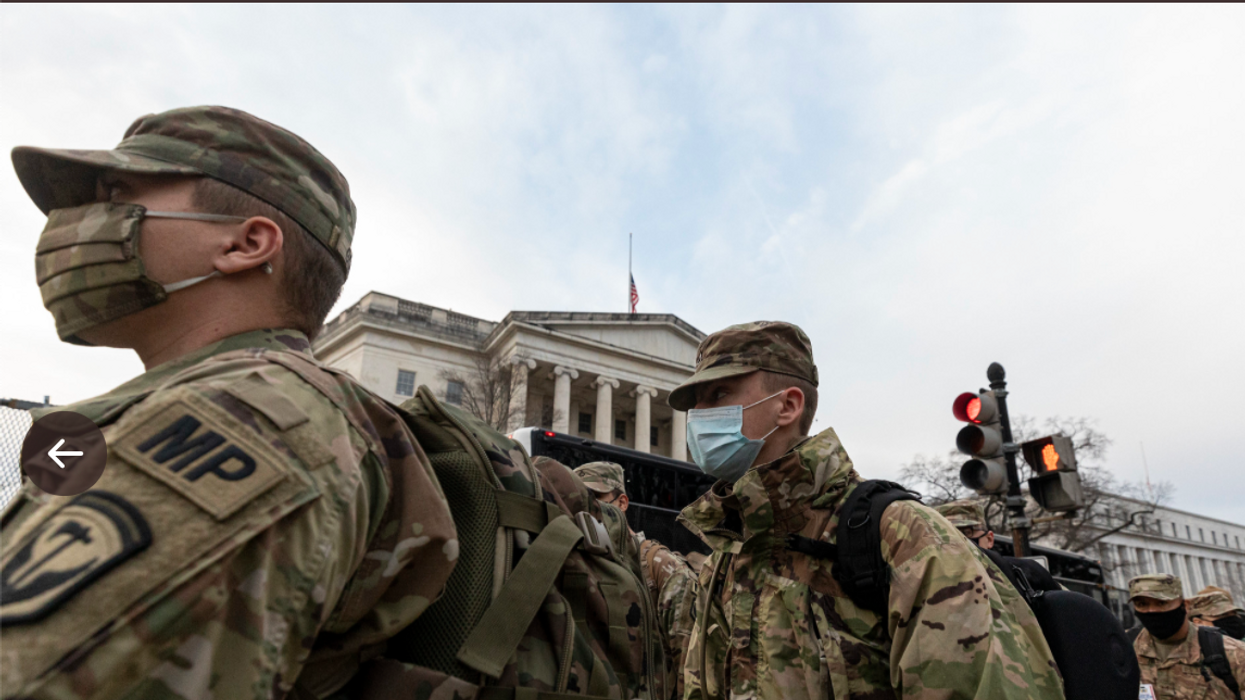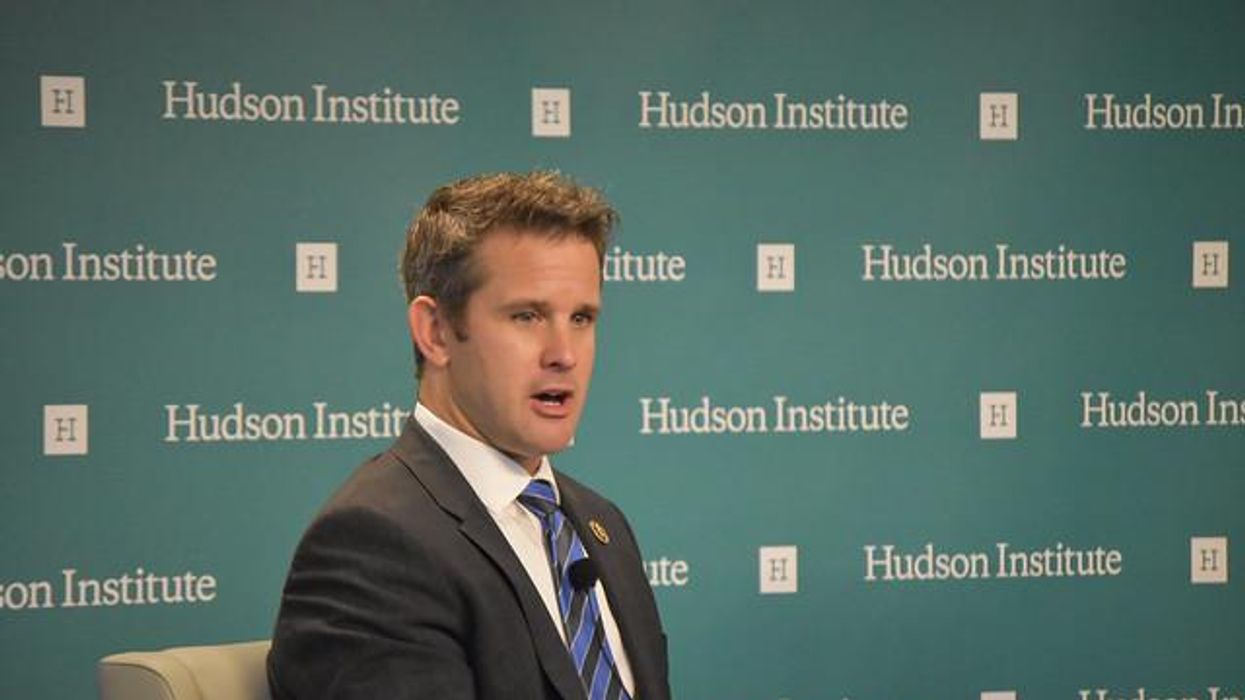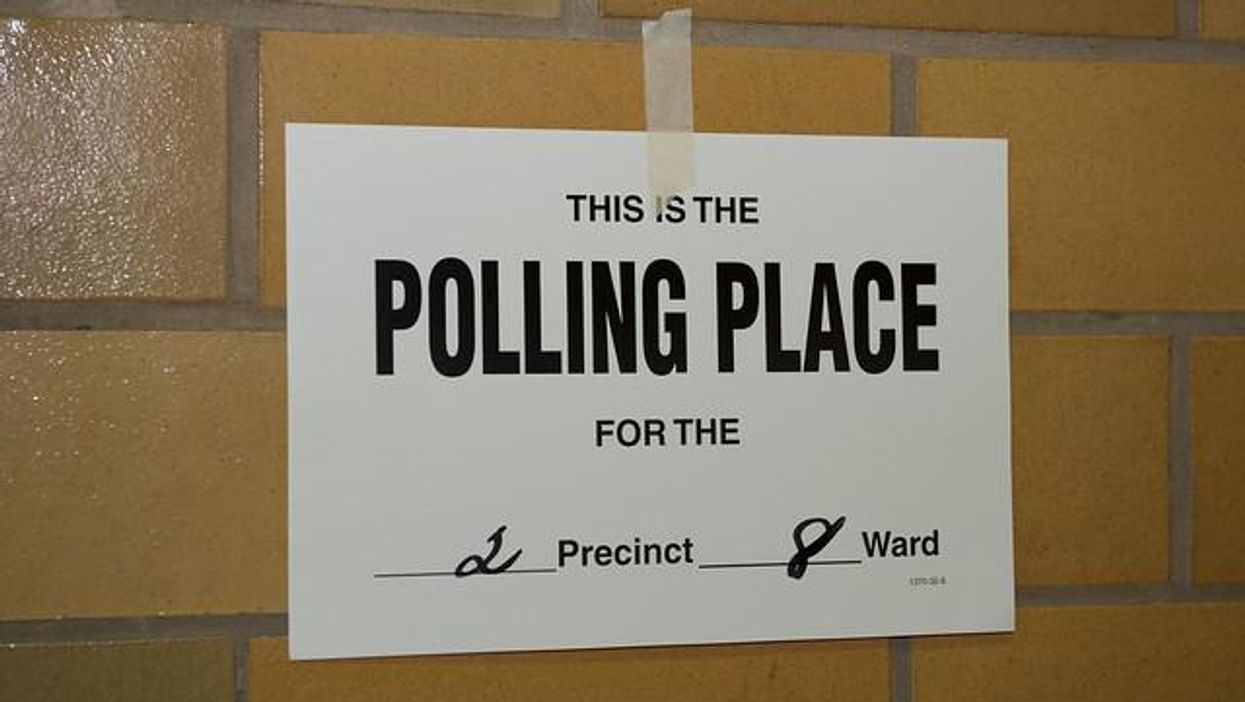Poll: Voters Favor Biden’s Border Strategy — Including Republicans
A new poll has found that a majority of Republican voters support the Biden administration's approach of addressing the root causes of immigration to the United States even as GOP lawmakers have repeatedly attacked the president for it.
A Civiqs/Immigration Hub poll, which surveyed just over 3,000 voters from April 15-20, revealed that 85% of Americans believe the U.S. government should work more closely with other countries to reduce immigration before it starts.
Among Republicans, that number was even higher, at 87%.
Among Democrats, 86% said the United States needed to work with foreign nations to address the root causes of immigration; 81% of independents said the same.
"After four years of harsh, inhumane immigration tactics aimed at deterring people from coming to America, we now see a public and a president intent on taking a new approach," Immigration Hub executive director Sergio Gonzales said in a statement on Thursday. "In particular, as Vice President Harris continues to roll out new initiatives and achievements in addressing the root causes of migration with our neighbors to the south, voters strongly support the need for this type of regional leadership. They understand that migration at our border is driven by desperate circumstances such as extreme hunger and violence."
In March, President Joe Biden tasked Vice President Kamala Harris to look into the primary reasons that prompt immigrants to flee their home counties, in particular the Northern Triangle countries of Honduras, Guatemala, and El Salvador in Central America, where gang violence and poverty are rampant.
On April 27, the vice president held a virtual roundtable with Guatemalan community-based organizations to help her identify the communities that need support the most.
"I know that there are acute factors," she said. "The acute factors that I think of are the catastrophes that are causing people to leave right now: the hurricanes, the pandemic, the drought, extreme food insecurity. And then I believe there are the longstanding issues, what we call the 'root causes': corruption, violence, and poverty, and, of course, the lack of economic opportunity and the lack of not only climate mitigation, but climate adaptation and the lack of good governance."
Harris noted that she would visit Guatemala in June.
On April 26, the vice president hosted Guatemalan President Alejandro Giammattei for a virtual bilateral meeting to discuss ways the two nations could cooperate on issues surrounding immigration.
"They agreed on the importance of prosperity, good governance, and anti-corruption measures to protect all members of society and to build a foundation of hope for a better future," Harris' spokeswoman Symone Sanders said in a statement. "In light of the dire situation and acute suffering faced by millions of people in El Salvador, Guatemala, and Honduras, Vice President Harris announced an additional $310 million in U.S. government support for humanitarian relief and to address food insecurity."
Harris also spoke over the phone on April 7 with Mexican President Andres Manuel Lopez Obrador about collaborating on similar issues. She is scheduledto speak with him again on May 7 about his tree-planting immigration proposal in Central America.
Despite those efforts, Republicans have blamed Biden for stoking a so-called "crisis" at the southern border, suggesting he himself is the "root cause" of immigration from Central America due to his various policies on the matter.
"I'm getting sick & tired of hearing this 'root causes' gibberish coming from the White House. If they traveled to the border they'd know before even landing that the root cause is THEM," Rep. Byron Donalds tweeted on Thursday.
Moreover, GOP lawmakers have refused to accept that Harris is not directly in charge of issues at the border itself, repeatedly attacking her even though the Biden administration has clarified her actual role numerous times.
"Why hasn't our 'Border Czar' Kamala Harris visited the border? Why won't Biden mention that? We need to keep our country safe and secure. This administration is NOT up to the task," Texas Rep. Ronny Jackson, the former Trump administration White House physician accused of misconduct, tweetedon Thursday.
As White House press secretary Jen Psaki noted in a March 29 briefing, "The Vice-President of the United States will be helping lead that effort [to address] the root causes, not the border. There's some confusion over that."
"The Northern Triangle, which I'm sure you're aware of, is not the same as the border," she reiterated later, in an April press briefing.
Published with permission of The American Independent Foundation.



